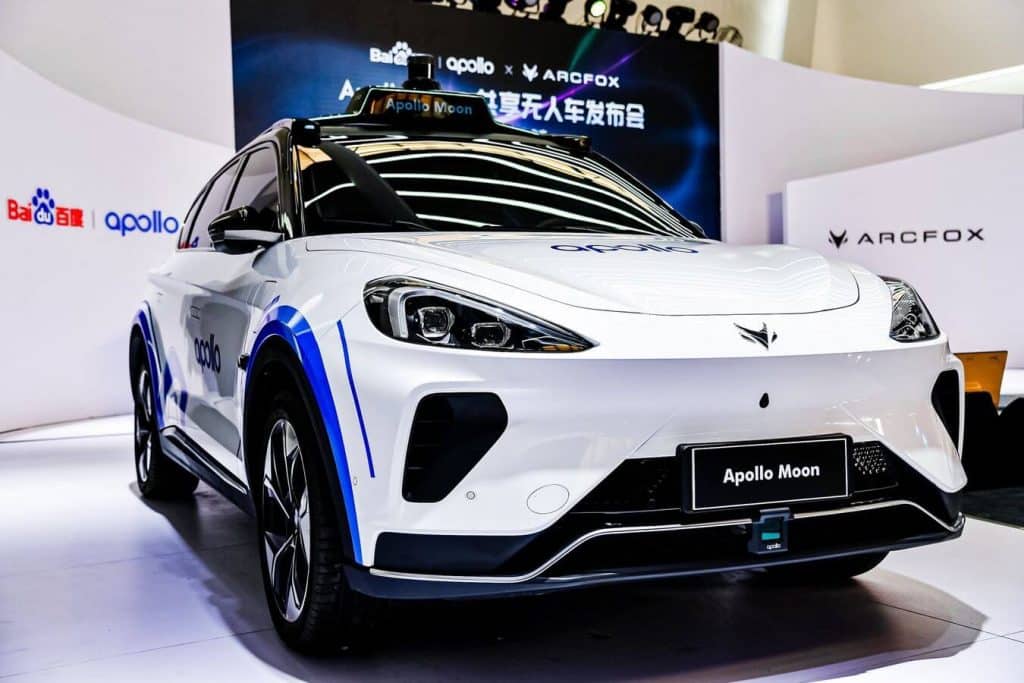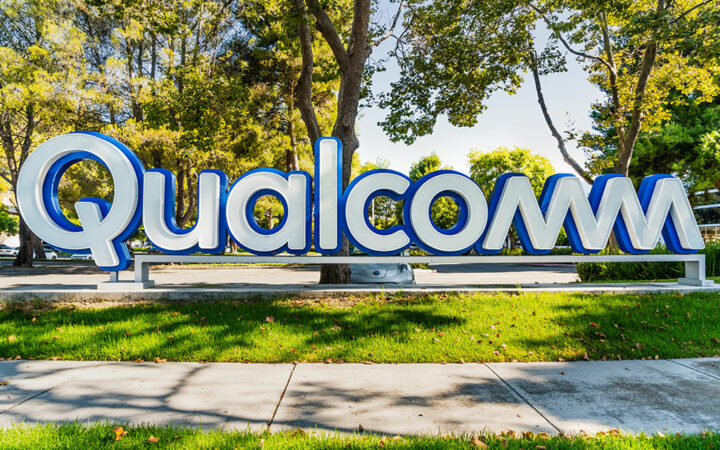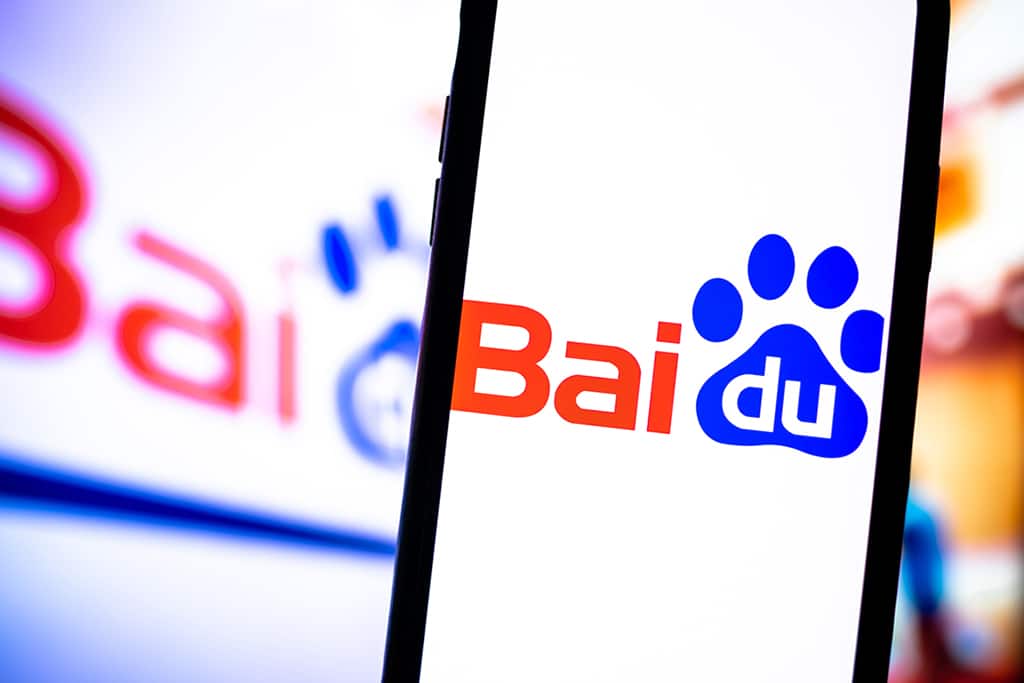
Ibukun is a crypto/finance writer interested in passing relevant information, using non-complex words to reach all kinds of audience. Apart from writing, she likes to see movies, cook, and explore restaurants in the city of Lagos, where she resides.
Baidu rolled out its full-driverless robotaxis ride at about the same rate as the other ride-hailing services in August.

Chinese multinational technology Baidu has expanded its ride-hailing platform Apollo Go to include a driverless taxi service in Wuhan to operate at night. Before now, the autonomous vehicle startup was designed to function between 9 am and 5 pm in the city. The company has increased its operation time with the latest update. This means that the Baidu driverless taxi service is now available in Wuhan from 7 am to 11 pm. Also, the fresh update is expected to cater to one million customers in specific locations of the city, which accommodates over 10 million people. There are more than 50 Baidu’s Apollo Go driverless taxis covering over 130 square km in Wuhan.
Notably, the expansion of the commercial operation area and the times of its driverless taxi service places Baidu at a new level as the upgrade marks a new level of commercial operation for autonomous driving in China. Also, the nighttime operation will be able to serve the night travel needs of customers in Junshan New City in Wuhan Economic and Technological Development Zone. One of the major technical challenges facing autonomous driving technology is the nighttime environment. These driverless vehicles find it difficult to differentiate between obstacles and pedestrians in dim light. As for Baidu, the technology company utilizes a mixture of third-party cameras, lidars, and radars to provide its vehicles with better vision in low-visibility conditions.
Baidu rolled out its full-driverless robotaxis ride at about the same rate as the other ride-hailing services in August. At the time, the company announced that it had received approval to operate in China as the first robotaxis service that does not require a human driver. It also mentioned the multiple safety measures, which include motoring redundancy, remote driving capability, and a safety operation system. By the third quarter, the Apollo Go had completed over 474,000 rides. The figures represented a massive 311% growth YoY.
The tech giant has been working on its self-driving vehicle visual-language model for identifying unseen or rare objects in long-tail scenarios. The company previously stated:
“The model will enable autonomous vehicles to quickly make sense of an unseen object, such as special vehicle (fire truck, ambulance) recognition, plastic bag misdetection, and others. In addition, Baidu’s autonomous driving perception model – a sub-model of the WenXin Big Model – leveraging more than 1 billion parameters, is able to dramatically improve the generalization potential of autonomous driving perception.”
Read other technology news on Coinspeaker.
Disclaimer: Coinspeaker is committed to providing unbiased and transparent reporting. This article aims to deliver accurate and timely information but should not be taken as financial or investment advice. Since market conditions can change rapidly, we encourage you to verify information on your own and consult with a professional before making any decisions based on this content.

Ibukun is a crypto/finance writer interested in passing relevant information, using non-complex words to reach all kinds of audience. Apart from writing, she likes to see movies, cook, and explore restaurants in the city of Lagos, where she resides.




